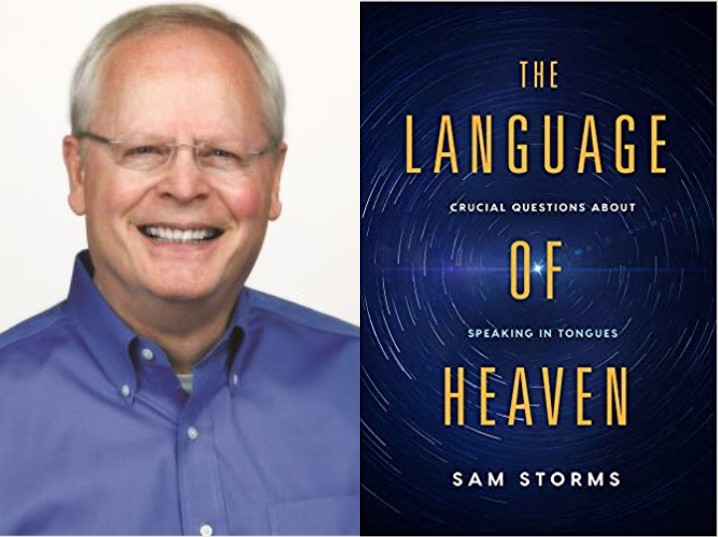Bringing Our Requests to God: An Interview with Sam Storms

Speaking with us about his book, The Language of Heaven, pastor-scholar Sam Storms discusses the gift of tongues and the blessing it is to individuals and the local church.
Pneuma Review: At this point in church history speaking in tongues is still a controversial subject. What would you say to someone who refers to speaking in tongues as gibberish?
Sam Storms: If a person believes that all tongues speech both in Scripture and today is a known human language spoken somewhere in the world but previously not known by the speaker, then yes, it will come across to them as “gibberish.” It may also sound that way simply because the hearer is not familiar with the linguistic form of the tongues speech. Quite honestly, Mandarin and Swahili both sound like gibberish to me. If I had not been told they were legitimate human languages, I would probably conclude that they were non-sense utterances.
I suspect that some consider tongues speech to be “gibberish” because they fail to recognize that, although unintelligible apart from interpretation, all legitimate tongues speech today carries and expresses genuine, cognitive information. Paul makes this clear in 1 Cor. 14:2, 16, and elsewhere. It may not sound as such, but that doesn’t mean it is lacking sense or fails to communicate meaningful content in some form or other. It may also be that they think it to be “gibberish” because of a long-standing prejudice against contemporary expressions of tongues. Since most evangelicals are persuaded that in order to be of any benefit to anyone all utterances must be intelligible, they will understandably form negative opinions of “speech” patterns that they cannot decipher.
Pneuma Review: According to the Bible, are tongues always known languages?
Sam Storms: No. They certainly were known languages, spoken somewhere in the world, in Acts 2. But there is no reason to conclude that all other instances of tongues speech must adhere to the pattern described in Acts 2. In neither of the other two occurrences in Acts of tongues speech, Acts 10 and 19, were people of different linguistic backgrounds present to hear them. In other words, if all tongues are known human languages designed by God to evangelize people of a different linguistic experience (and this is what many, if not most, evangelicals believe), why were there only believers present in Acts 10 and 19 when people spoke in tongues?


